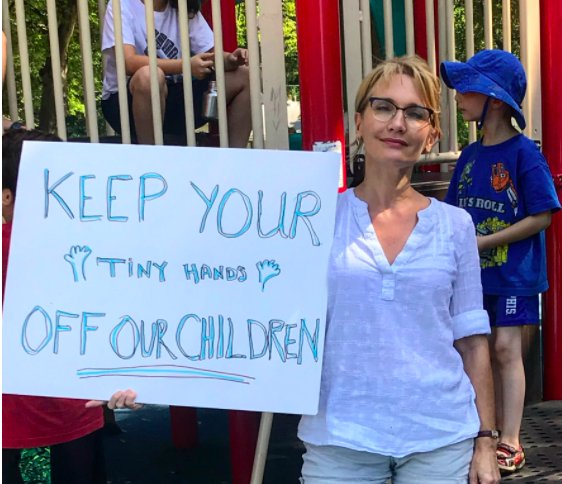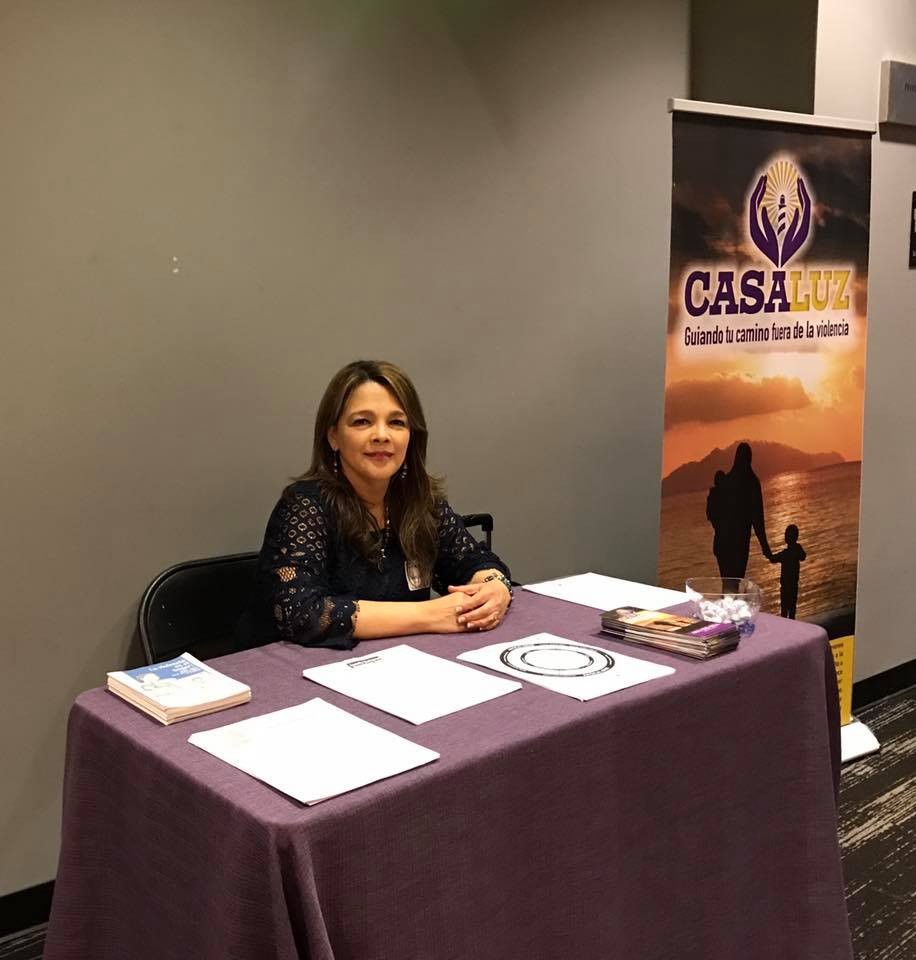A person escapes slave labor, torture, rape, and murder, and illegally crosses a border to a land where such crimes are outlawed, to a land where people have the right to work for wages and are protected by the law. Anyone in this “Free Land” who harbors or aids such an escapee is subject to federal prosecution, fines, and imprisonment. Yet to turn them over to federal authorities returns these people to a life of wanton violence and suffering.
This was the United States in 1850 when Congress passed the Fugitive Slave Law, legislation requiring that all escaped slaves be returned to the slave-owner and that officials and citizens in free states must cooperate. Aiding or harboring a slave meant prison and steep fines. Habeas corpus was suspended under this law. Citizens were required to return a runaway slave to the chains of bondage or face the wrath of the federal courts.
Americans in 1850 had to decide where they stood, with the newly passed federal law or with their conscience. The risk was great, for both the runaway slaves and those Americans who might help them.
Today, the Republican Party, the very party which grew from the outrage over the wickedness of the Fugitive Slave Act, seeks to criminalize every aspect of helping a person who has fled a life of torture, violence, and suffering. The Fugitive Slave Act of 1850 has been updated and amended for the fleeing refugees of 2025.
On April 25, 2025, U.S. officials arrested Hannah Dugan, a Wisconsin judge, and charged her with helping a man in her court evade immigration authorities. It is alleged she hindered immigration agents who appeared in the courthouse to arrest the man without a judicial warrant. She faces numerous federal charges.
We are only four months into Trump’s Second Term of Cruelty. Where will we be a year from now? Two years from now? How draconian will the laws be then?
Americans living in the border states of the 1850s were called upon to answer the question of what they would do when a runaway slave appeared in their community. Would they violate federal law and help, or would they turn the desperate families back over to the slaveholders, to the “manstealers,” as the bounty hunters were then called?
Many in the border state of Pennsylvania — Quakers, Amish, Brethren — followed their faith and funneled these runaways to freedom. In Lancaster County, Republican Congressman Thaddeus Stevens allegedly hid slaves in a cistern in his backyard as he facilitated their road to freedom. He was an oath-bound member of Congress violating U.S. law to save lives.
In retrospect, it is easy to know what the right thing to do was in the case of slavery and the Underground Railroad. That issue today is clear for us. We know where we would stand: for freedom, for those fleeing slavery. But back then the issue was not so clear. Our choice on such a momentous issue determines not just our place on the right or wrong side of history but determines the fate of people impacted by our decision. Will we help or hinder a person in need? Will we violate immoral law to save a life? Will we risk fines and imprisonment? These questions were asked and answered by many Americans in 1850. How will we answer them today?
So often we wish to be part of a moment of great historical importance, a moment when we have to take a risk to save another, to take a stand when others wouldn’t. We feel certain we would know the right thing to do. If only such a moment would come our way.
Today, that moment comes not in the form of storming a beachhead or taking a hill in battle. It is not marching for civil rights in Birmingham or Selma. And it is not hiding a runaway slave in your attic, though the similarities to that particular act of conscience are striking. Today it is whether to provide shelter and safety to a refugee fleeing violence in their home country, a person illegally in the United States.
How will we respond this time? In this century? In this historic moment?
Is a refugee illegally entering this country to flee institutional violence different than a slave illegally entering a free state to escape slavery? Especially when that institutional violence has been precipitated by the U.S. repeatedly intervening and destabilizing the home country of the refugee?
In 1958, legendary peace activist Philip Berrigan asked a youth retreat group the following question: “What’s it going to be with you? Are you going to go through life playing both ends against the middle, playing cozy, not committing yourself, sitting on the fence?”
That question is as potent, and as dangerous, today as it was then. For us, and for the victims in the breach.
Brad Wolf, syndicated by PeaceVoice, is a former prosecutor, director of Peace Action Network of Lancaster, PA, and co-coordinates the Merchants of Death War Crimes Tribunal.




 CasaLuz
CasaLuz